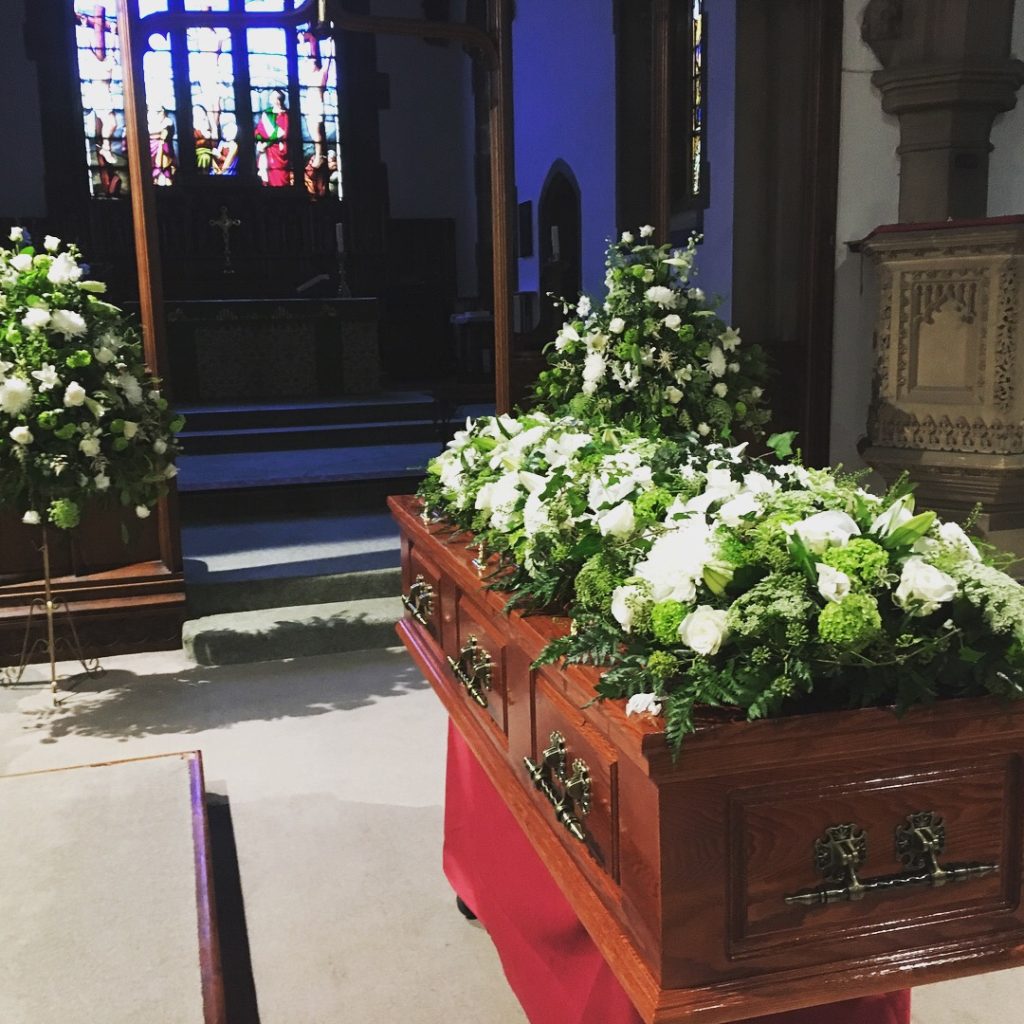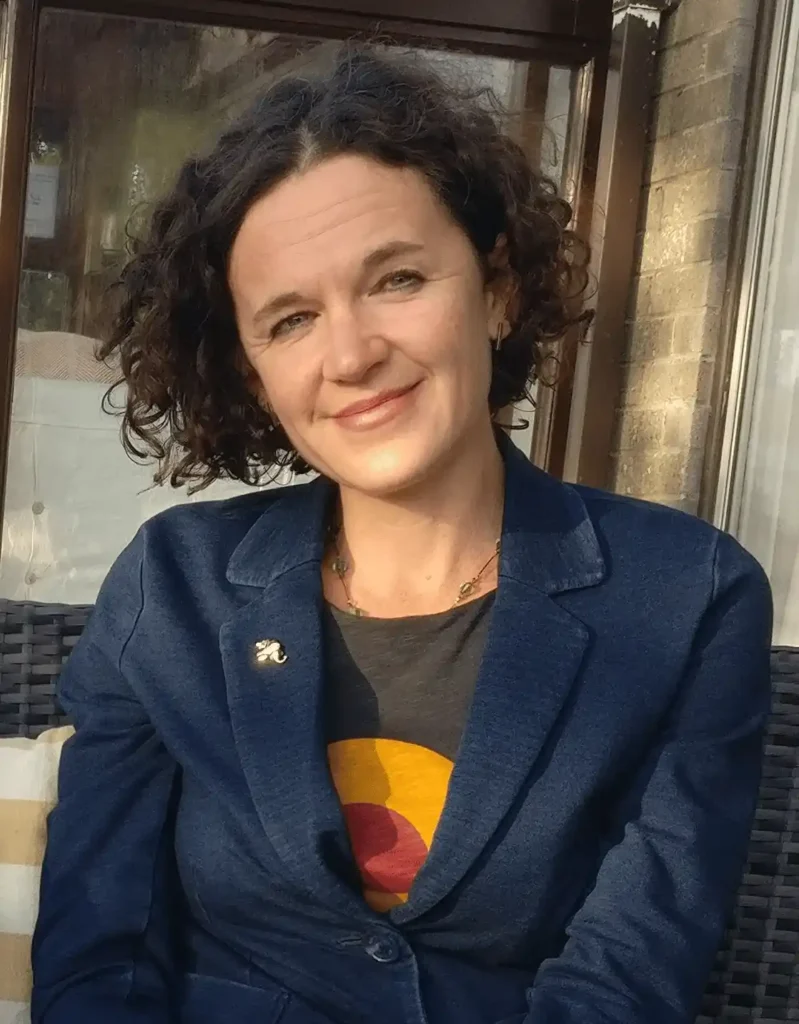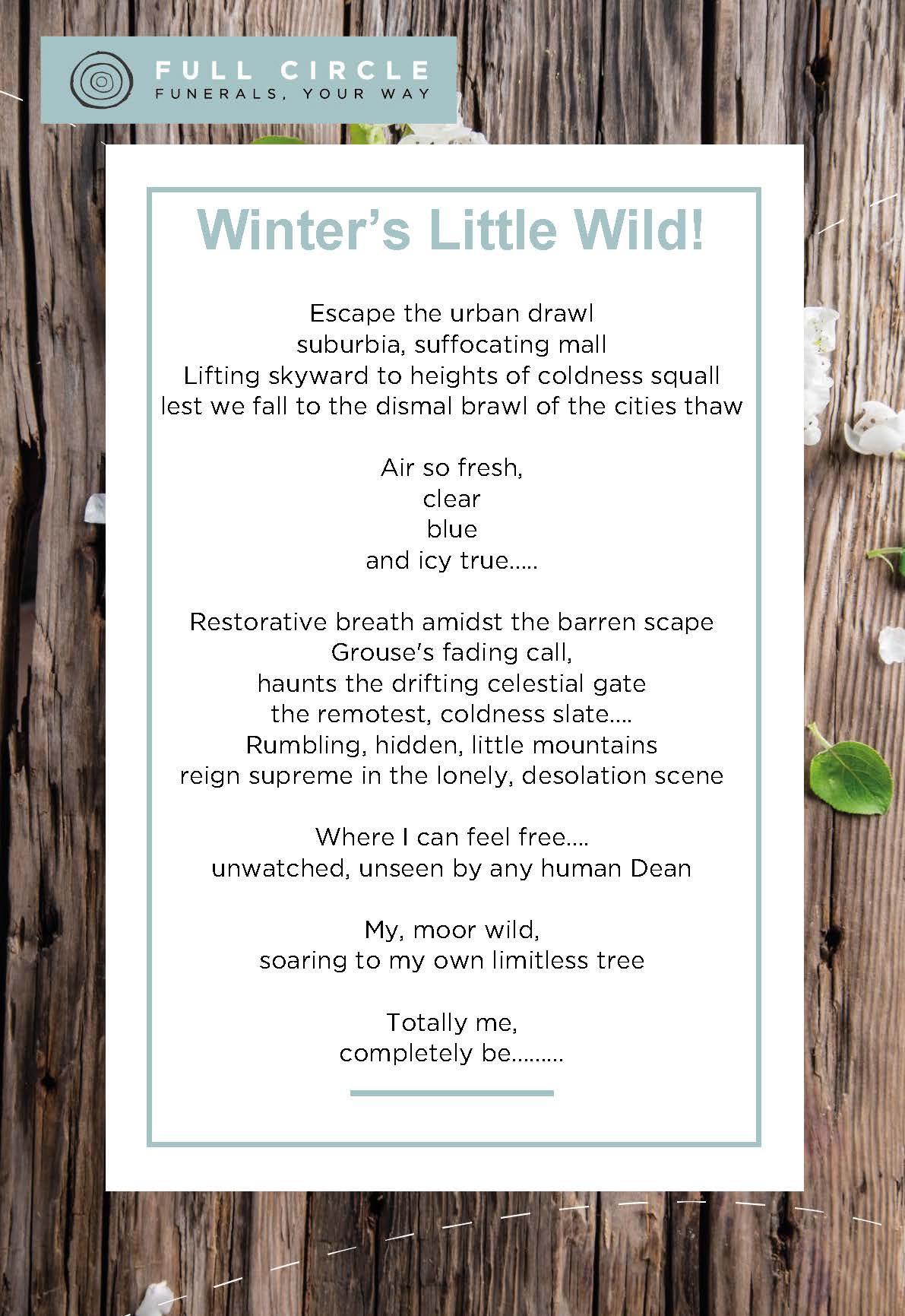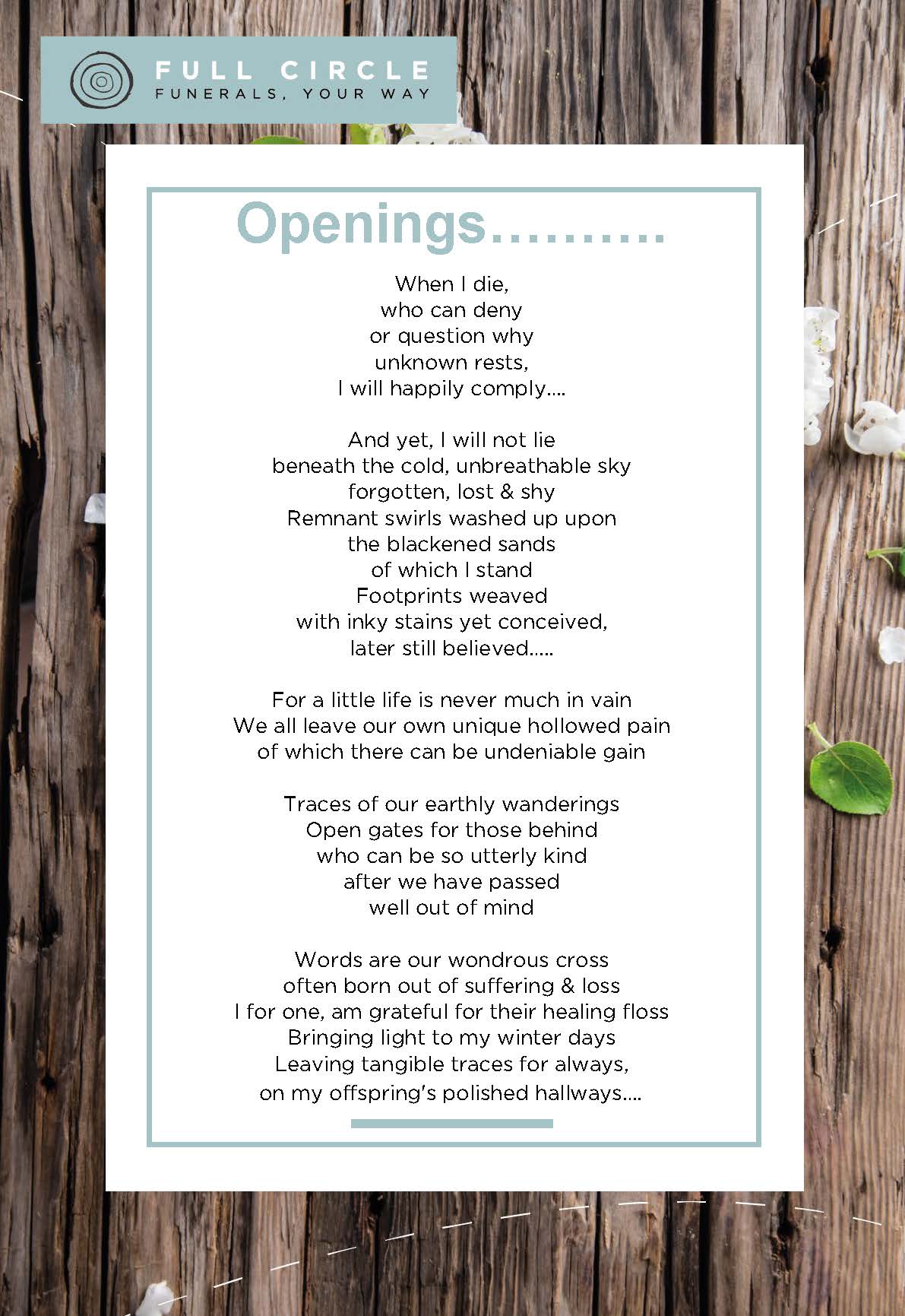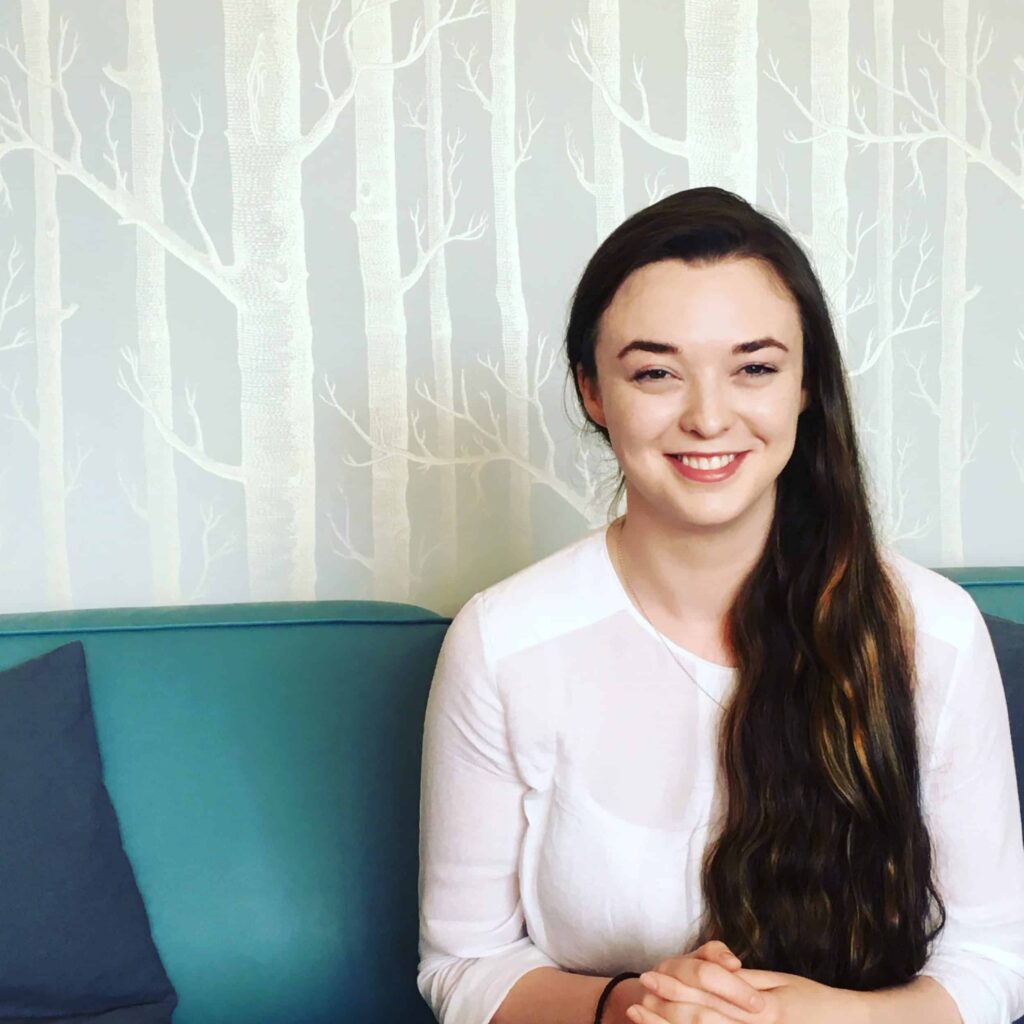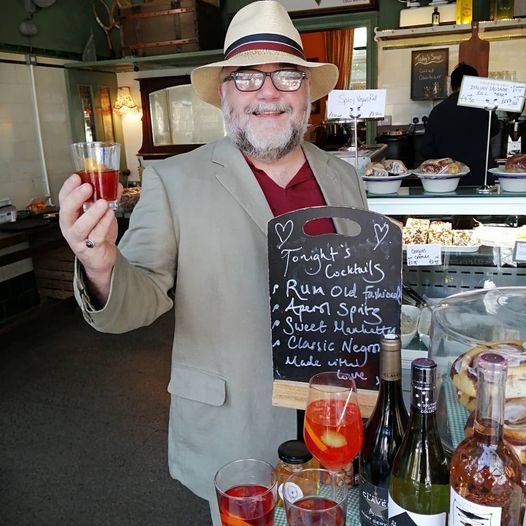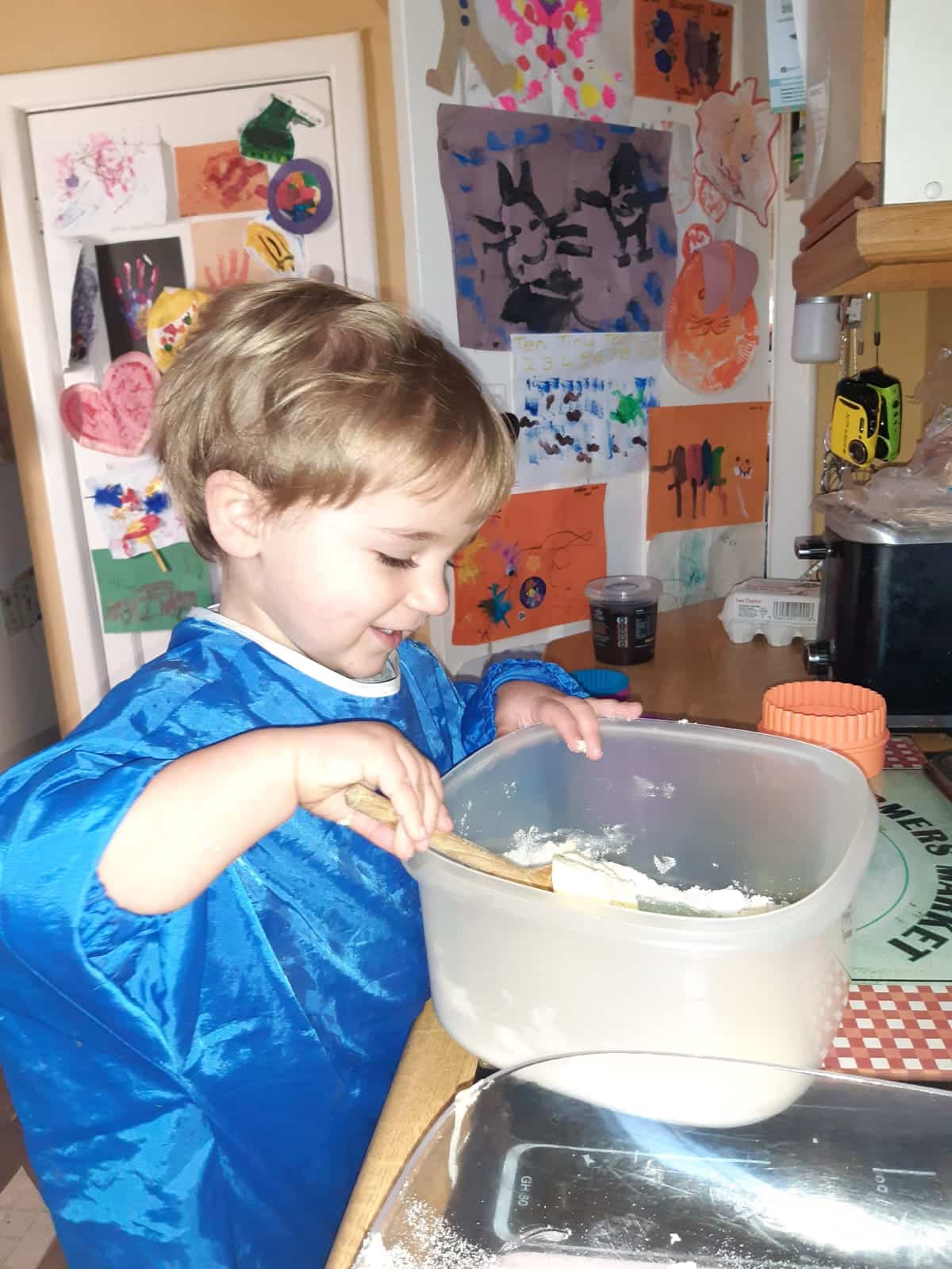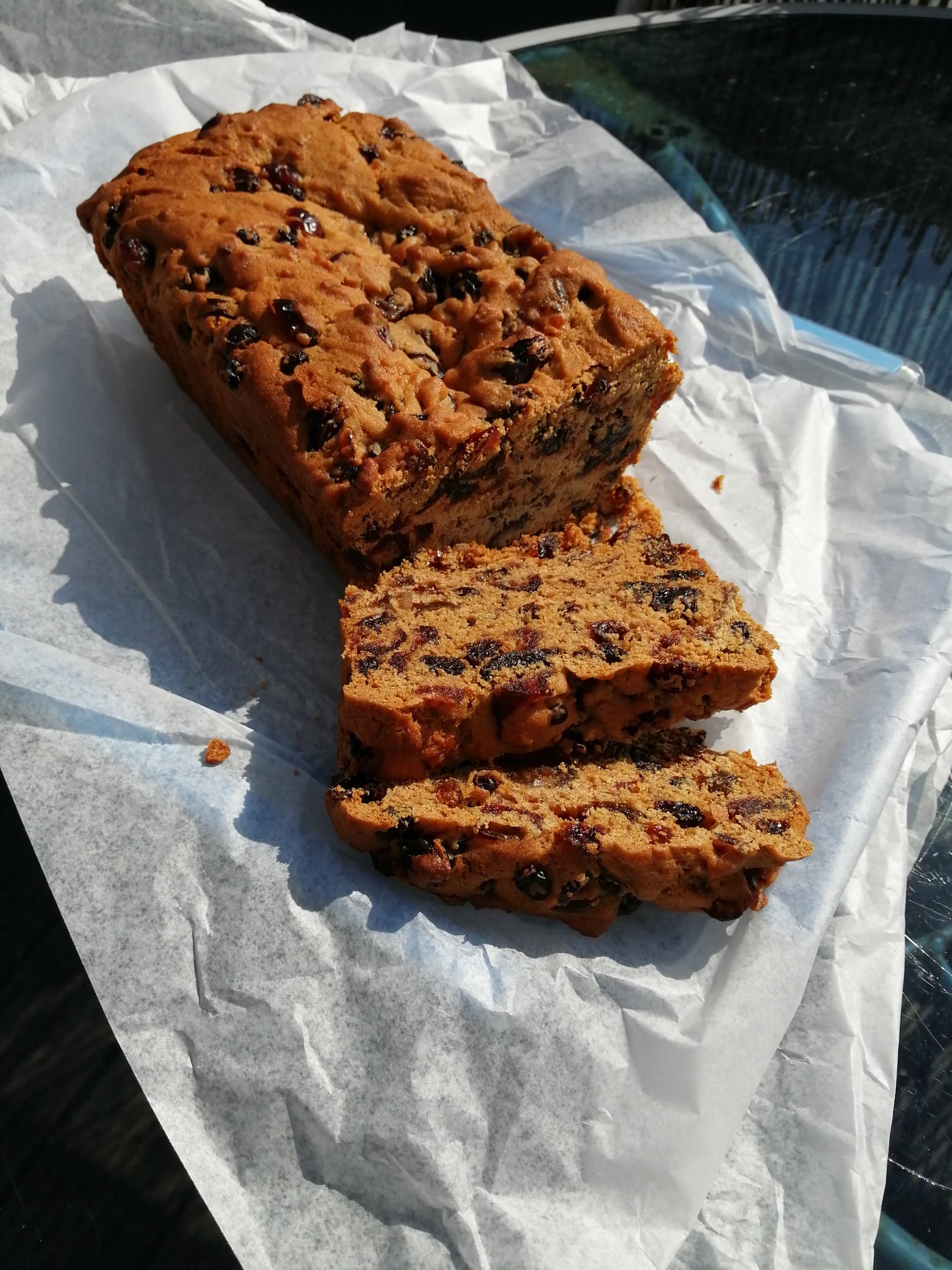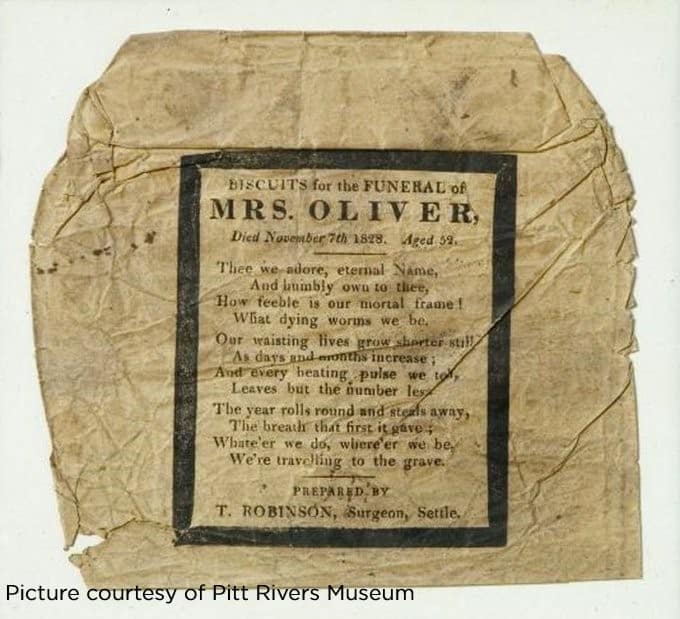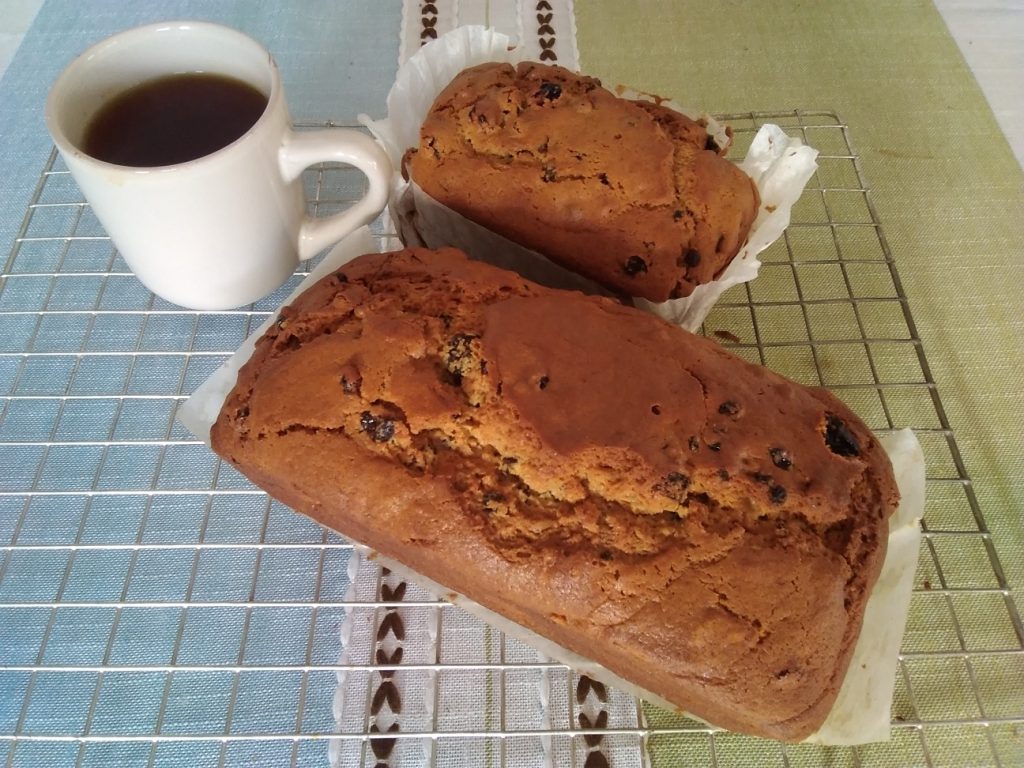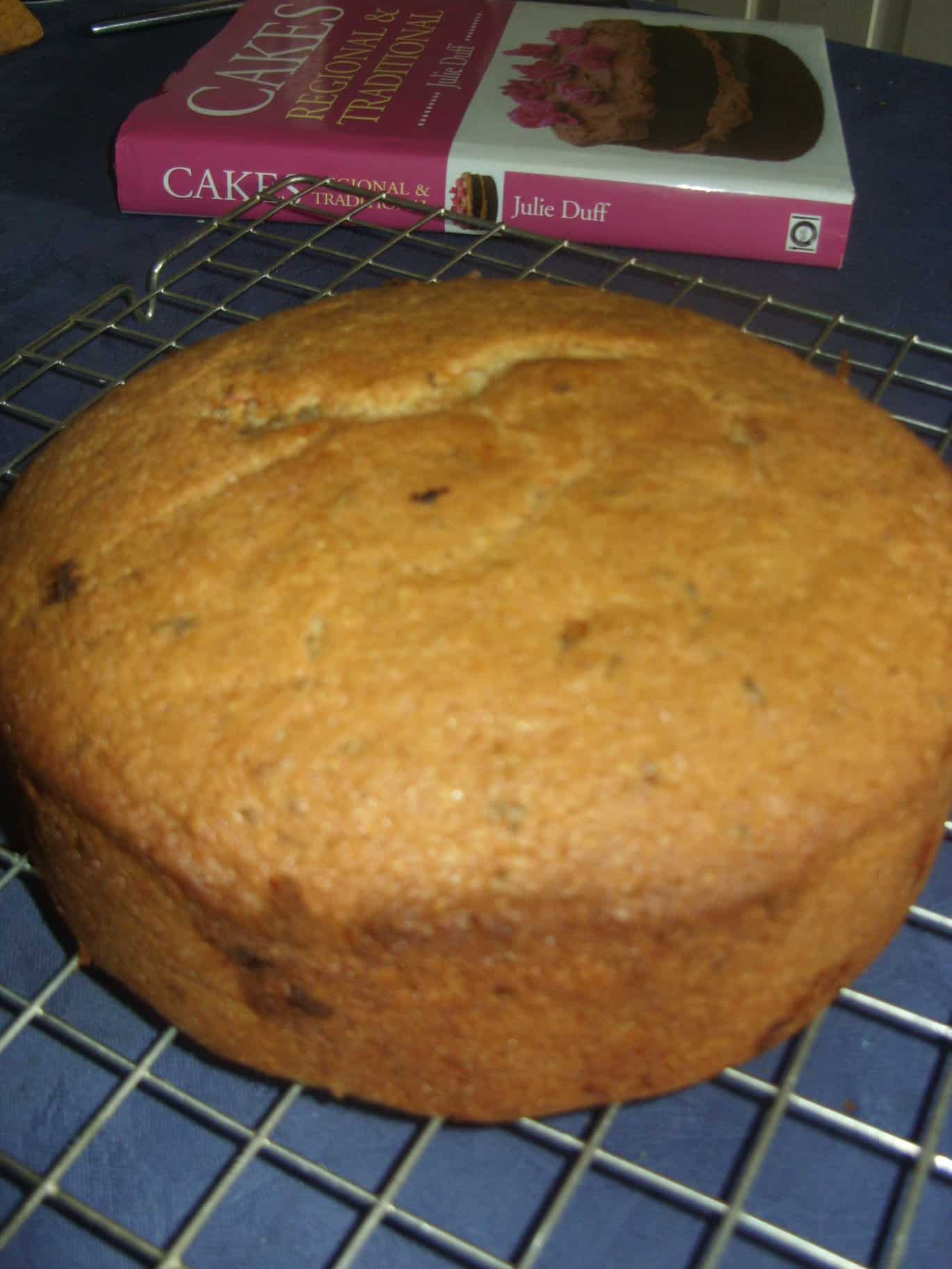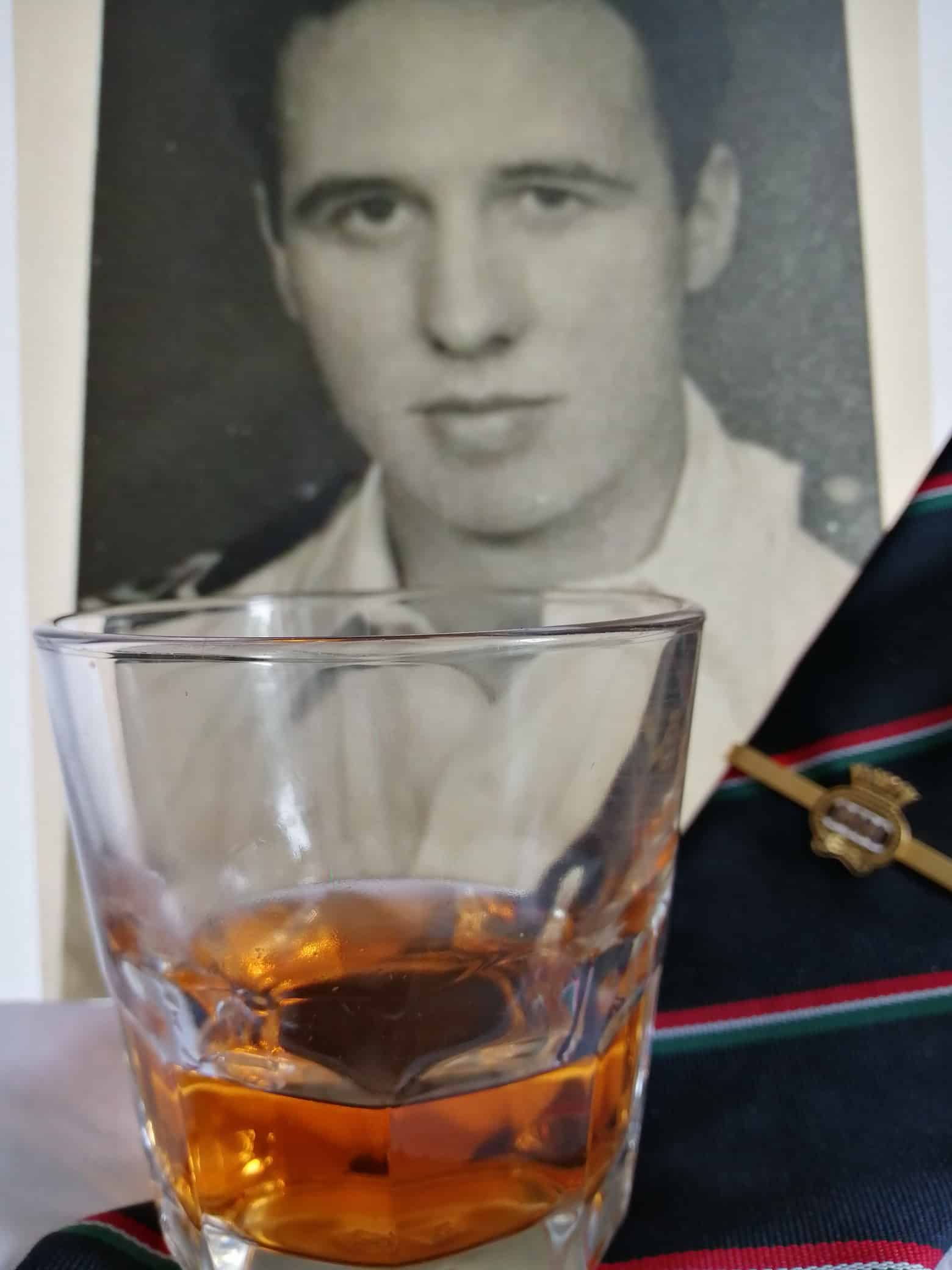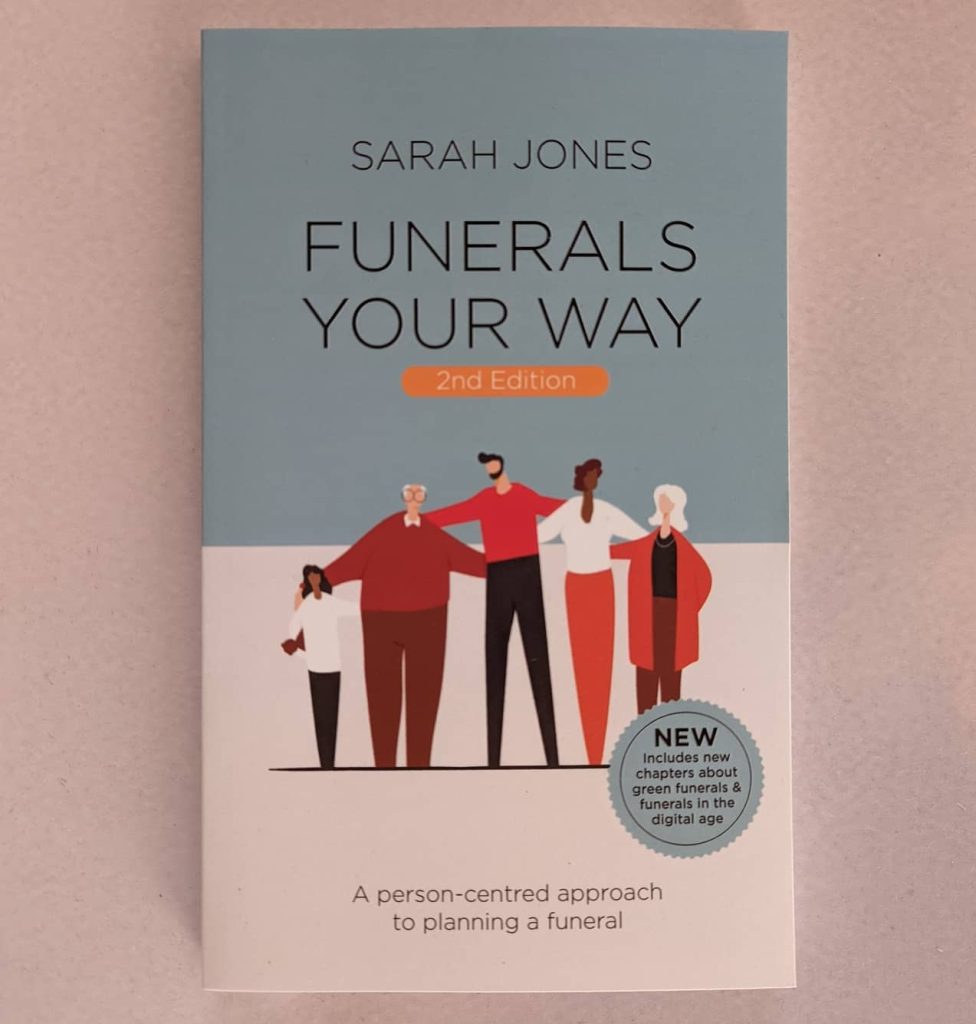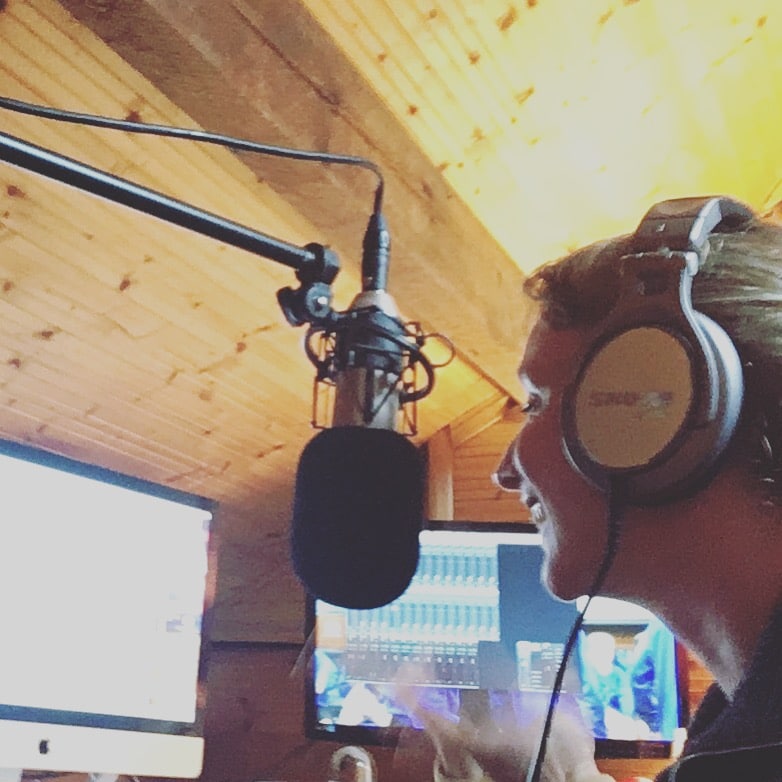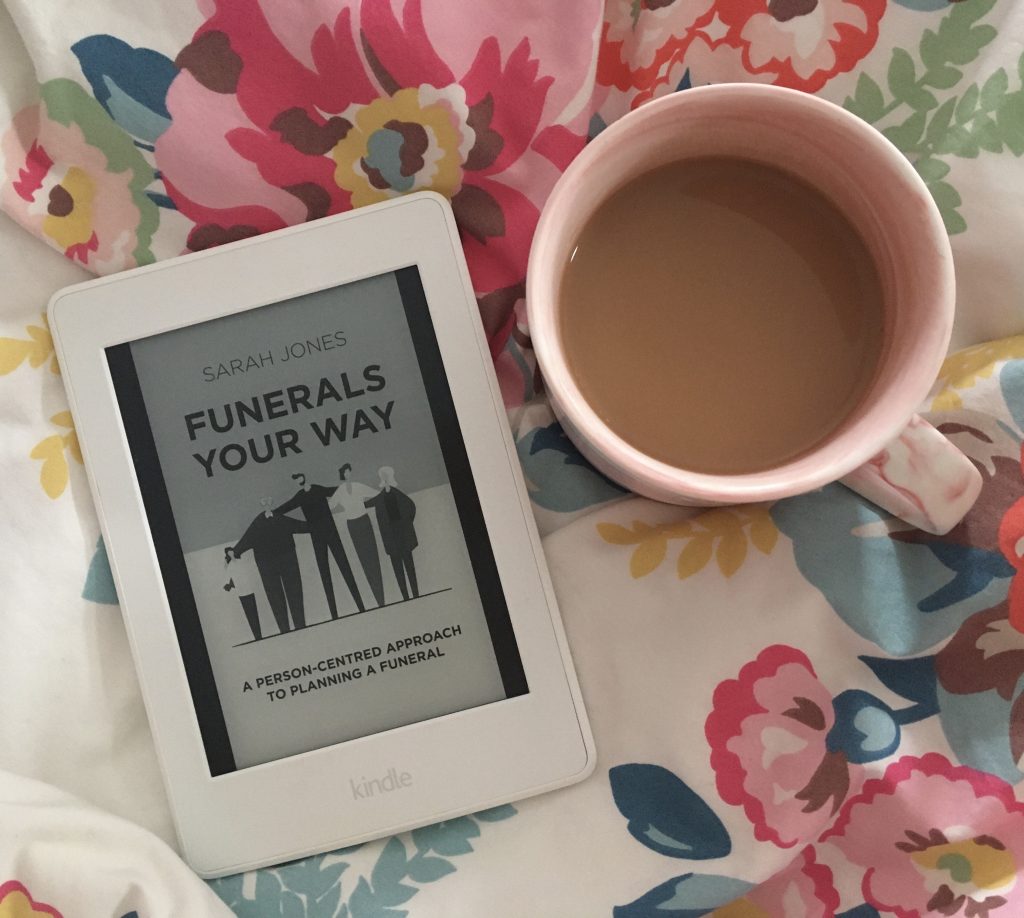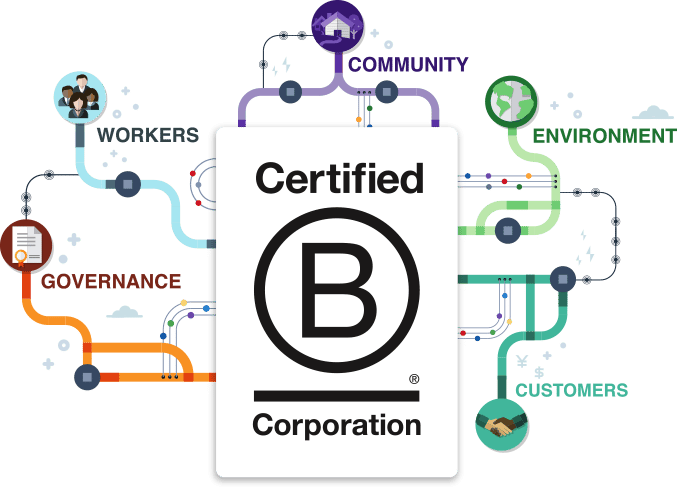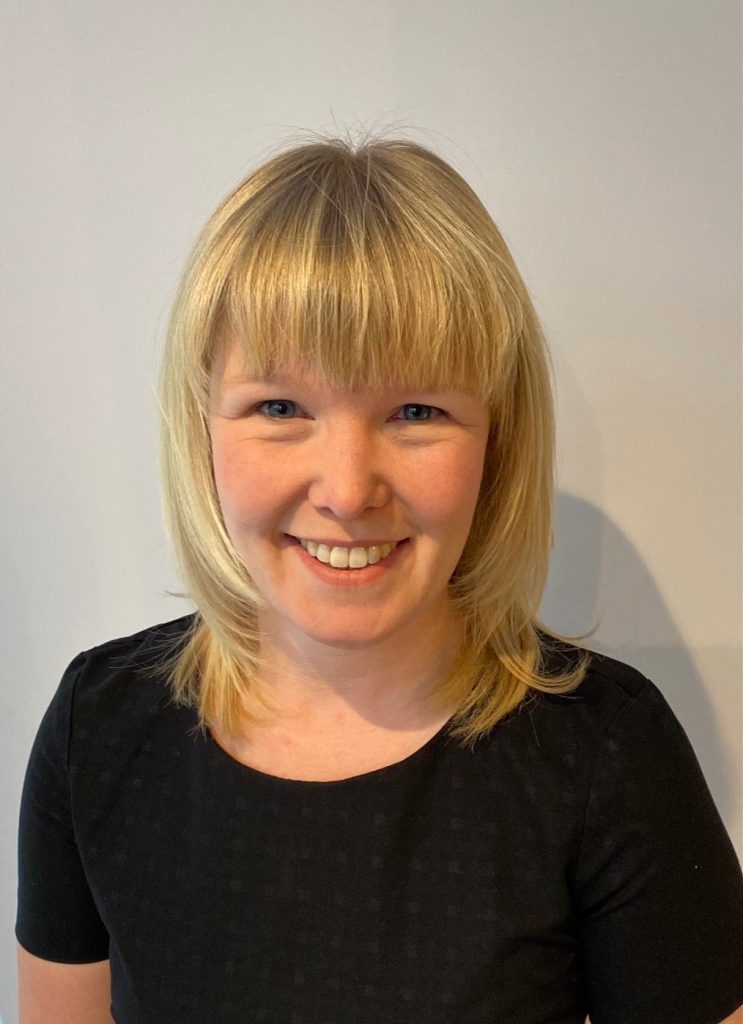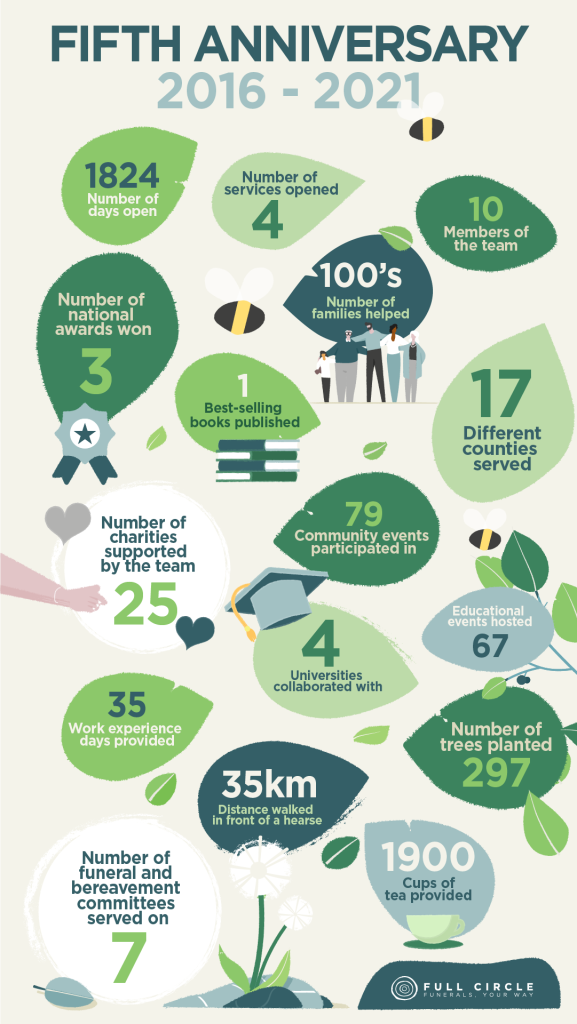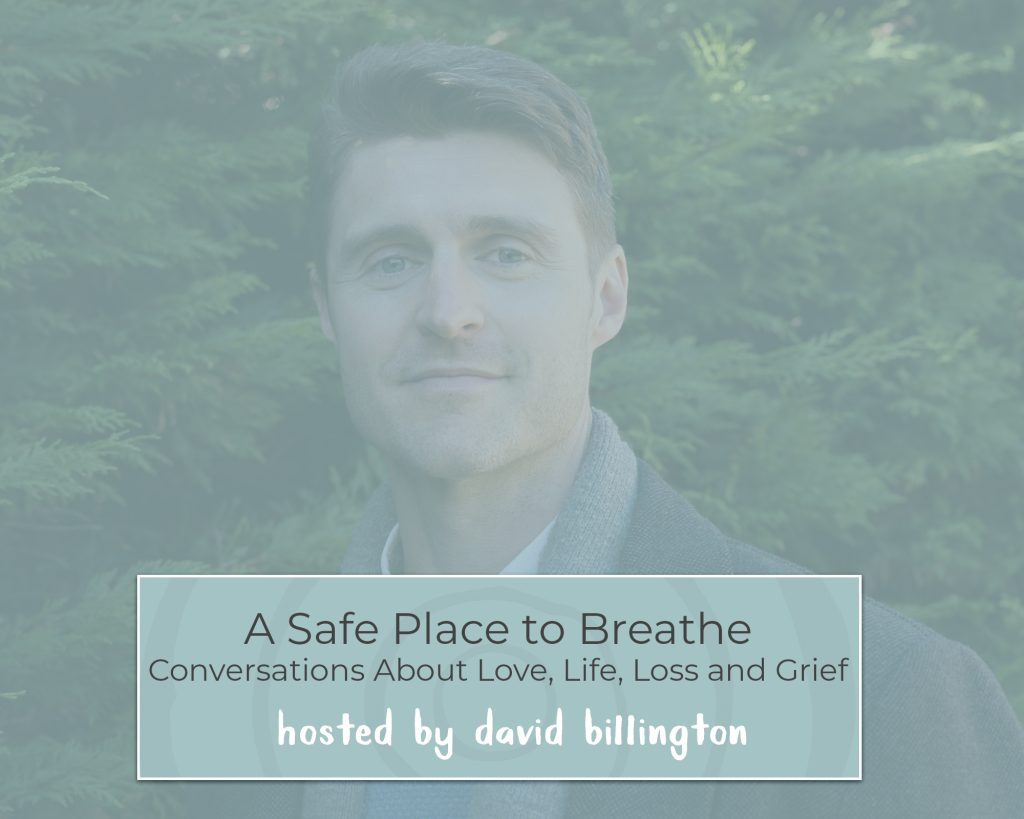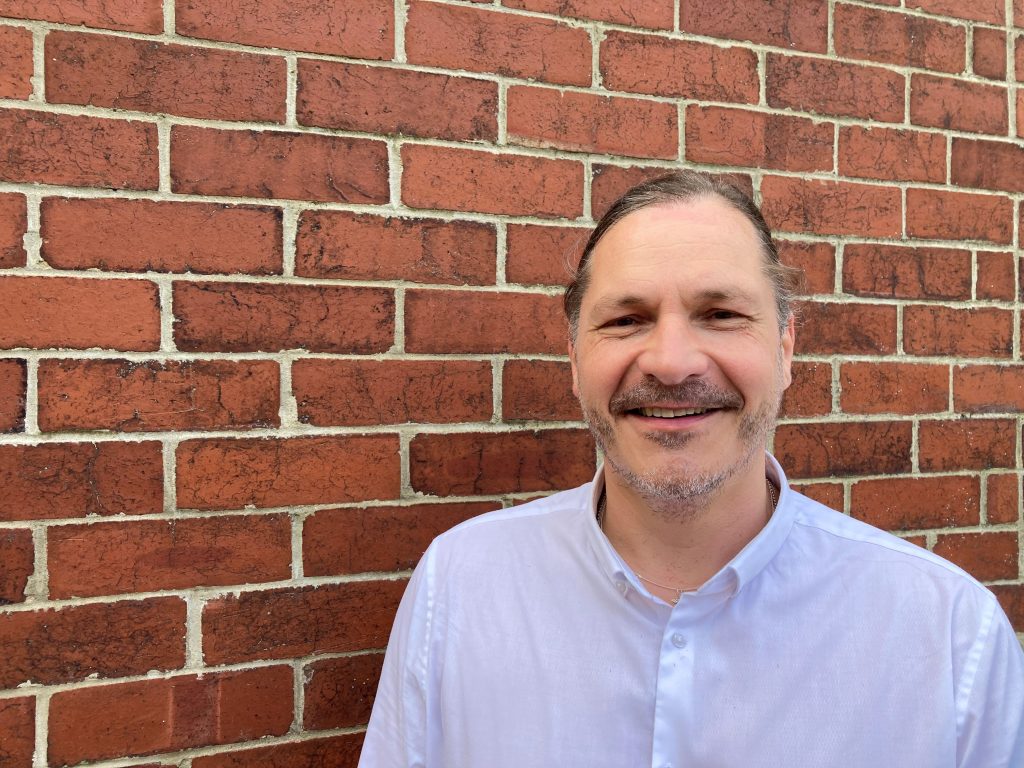



As a cartoonist, Martin Ross has seen his work feature in Punch, Private Eye and the Yorkshire Evening Post.
After a long career in the publishing industry, he knew that the next chapter in his life would take him in a very different direction.
He wasn’t sure what that path would be until he saw an advert for a vacancy with Full Circle Funerals.
What prompted you to apply for the job at Full Circle Funerals?
There were a few important steps that led to that moment. When I left the newspaper industry 7 or 8 years ago, I worked from home as a freelance illustrator for a while before taking a job at Outside the Box in Ilkley, a community café that provides opportunities for adults with learning disabilities. I really enjoyed the cooking, the people and doing something practical and useful.
I was furloughed during Covid and that gave me time to think about my next step so when I saw the job advertised it felt right somehow and I wanted to find out more about it.


Did you have any reservations about becoming a funeral director?
I could see the value of the job and I quickly got a sense that this was an employer that shared my values but I didn’t know if I had it in me to do it. I was worried about how I might feel when meeting someone who had died and at 54, I wasn’t sure if I had the mental capacity to pick up a completely new career from scratch. I was also nervous about how I would come across to people who I would be meeting in very challenging circumstances.


What encouraged you to make the move?
Sarah was very reassuring and I felt she could see something in me that encouraged me to give it a go. It was a leap of faith but I knew I had the support of the team to carry me through.


What were the biggest challenges when you started the job?
The first few months were pretty intense as I absorbed all the information and processes that go on behind the scenes. I’m learning all the time as procedures are updated and I face new situations. The first phone call I had to make to follow up an enquiry was nerve-wracking but it didn’t turn out to be as hard as I’d expected and once I’d done it I felt a lot better.


What did you find helped most during those early days
The team at Full Circle have been fantastic. I shadowed Ruth in the beginning but I was encouraged to do things on my own from quite early on, knowing she was always there to support me and answer my questions. The company has a clear purpose and strong values which has really helped me to feel like I’m part of something special and making a difference.


Although this career is very different are there any skills from your time in the publishing industry that have helped?
As a cartoonist, and later as a subeditor and content editor, accuracy was really important. I’m a perfectionist and that comes in handy in this job where every detail matters. The other similarity is the unpredictability. I’ll come into work with a rough idea of how the day will go and then the phone will ring and everything changes. That reminds me of my newspaper days and I enjoy the fact that no two days are the same.


What do you find most rewarding about being a funeral director?
One of the most rewarding parts of the job is the personal care element of looking after someone who has died. It feels like a really nice thing to do and I like giving the person that time and attention. It’s also a real privilege to meet people and hear the story of someone’s whole life. I find it satisfying when all the hard work that goes into organising a funeral pays off and everything falls into place. It’s lovely to get positive feedback after a funeral too.



